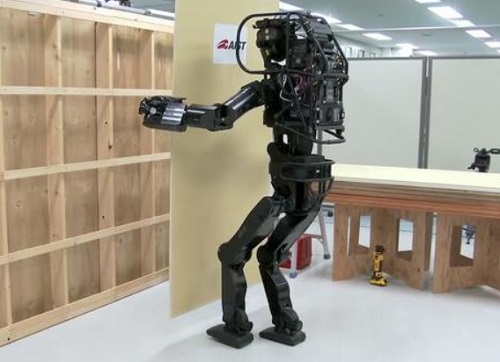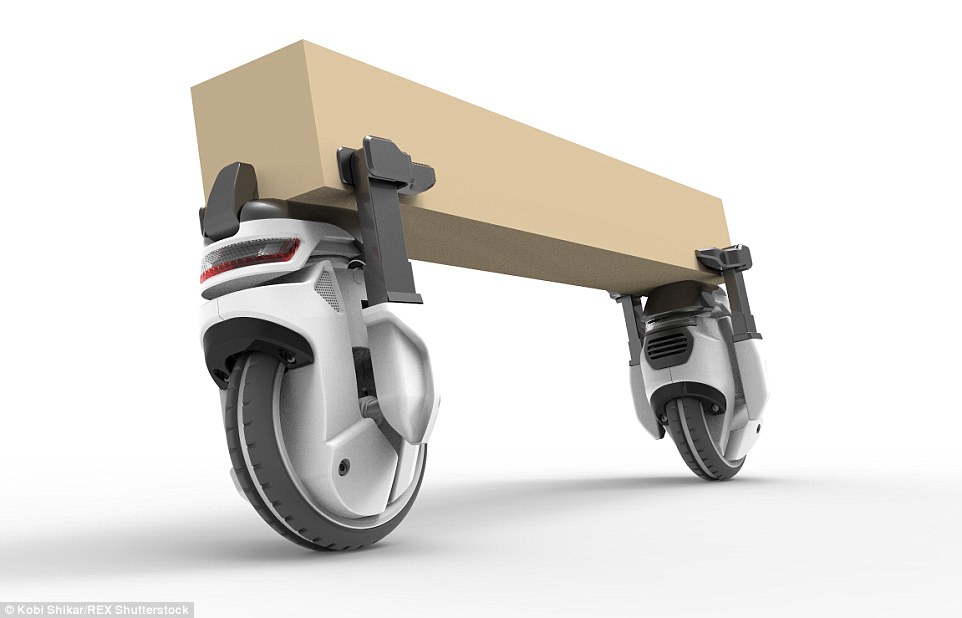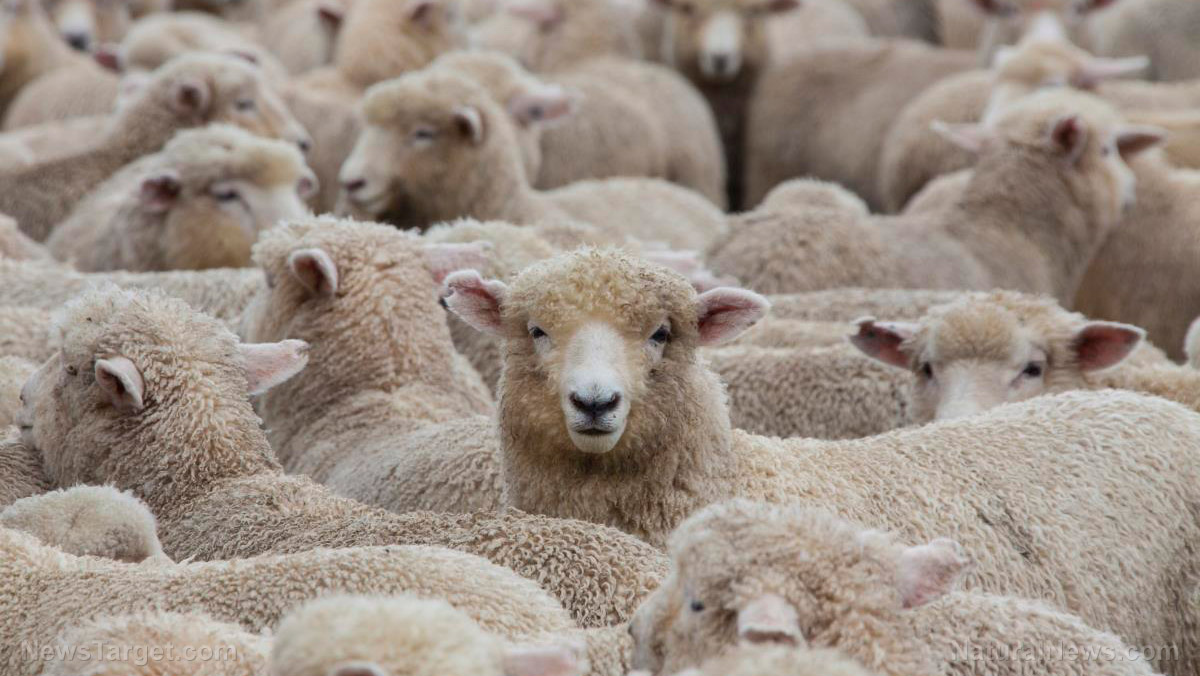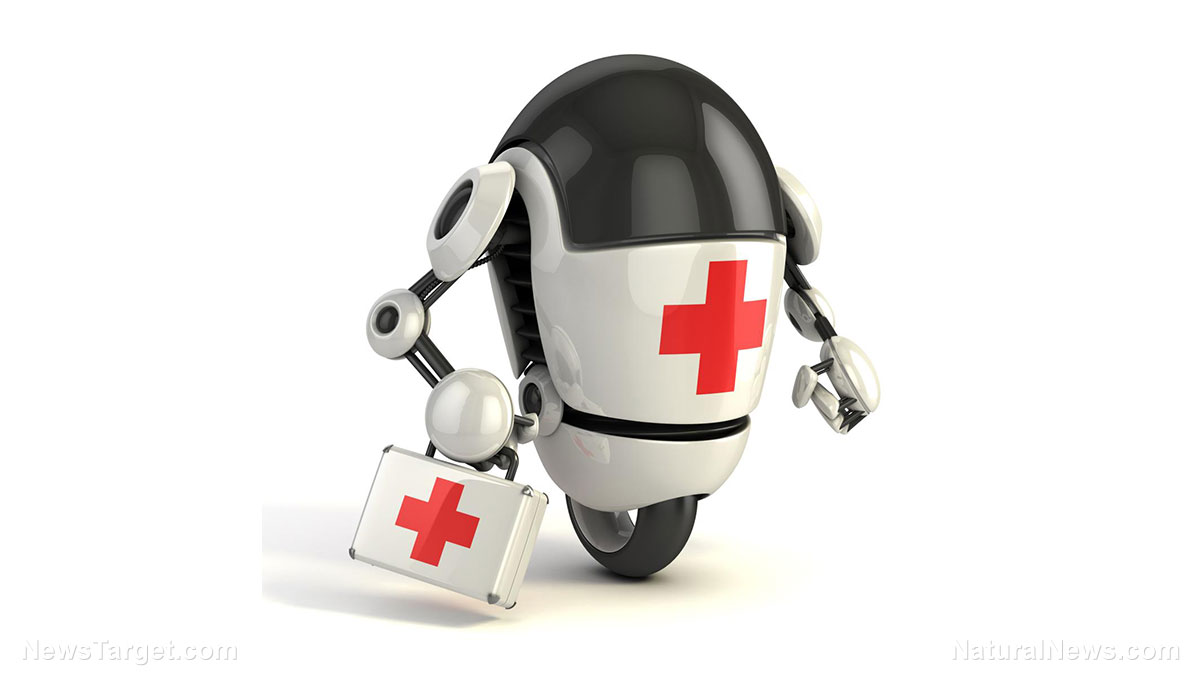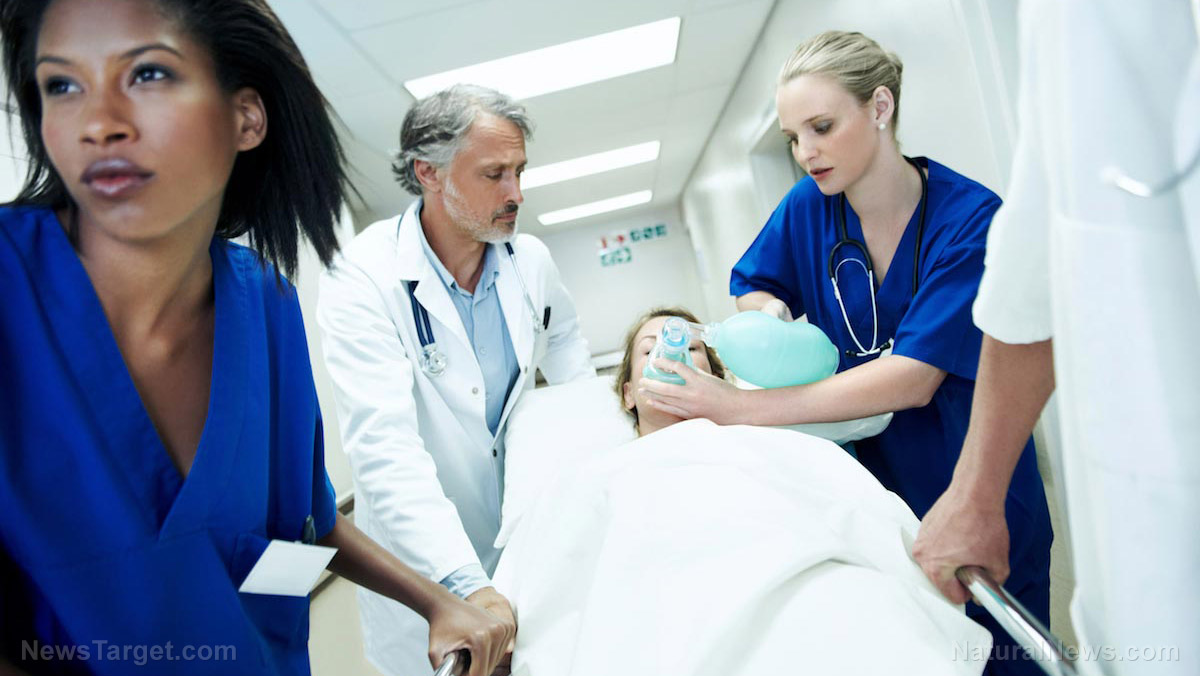Coronavirus threatening jobs as hospitality industry turns to automation
10/16/2020 / By Franz Walker

Jobs in the hospitality industry will be the hardest hit as businesses increasingly turn to automation in the face of the Wuhan coronavirus (COVID-19) pandemic.
The prediction came from a study by the Royal Society for Arts, Manufactures and Commerce (RSA). Researchers from the London-based think tank found that the ongoing pandemic is increasing the demand for less contact between people. This has driven a push towards increased automation in roles formerly fulfilled by humans.
“COVID-19 is accelerating the rise of the robots, with some sectors seeing five years of digital transformation in five months alone,” stated Fabian Wallace-Stephens of the RSA.
COVID recession is increasing automation anxiety
Expert acknowledge that recessions – such as the one brought about by the current pandemic – tend to inflame automation anxiety. For example, while machinery and automation debates had been going on for some time in the U.S. during the early 20th century, the panic only set in during the Great Depression. (Related: In two decades half of all jobs predicted to be lost to automation)
The main reason for this is companies looking to cut costs during downturns by turning to automation. For example, a study by Nir Jaimovich and Henry Siu showed that during the 2008 financial crisis, many routine jobs that could be automated vanished.
In addition, consumers also tend to “trade down” during a recession. They tend to opt for cheaper, less labor-intensive goods and services when the money becomes tight. By buying from companies that employ fewer workers than the amount of money they make, consumers are increasing the amount of automation in the economy.
A flock to cheaper, less labor-intensive goods may not be the only change in consumer behavior that’s helping push automation. During the 1918 Spanish flu pandemic, fear of catching the disease altered social interactions leading to a long-lasting reduction in trust.
Applied to the current pandemic, customers are more open to using automated systems to avoid human contact. Indeed, companies specializing in consumer-facing automation, such as Yanolja and Sainsbury, have reported increased demand for their systems.
In the U.K., this has contributed to significant job losses. Kate Nicholls, chief execute of industry body UKHospitality, told Parliament’s Treasury Select Committee that around 900,000 hospitality workers in the country remained on furlough. In addition, she said that she was expecting 560,000 additional job losses by year’s end.
“There is a very real danger that we will lose large chunks of the economy – in hospitality we will have insolvent businesses, businesses going into administration and therefore that engine of growth for re-employing people will be lost for good,” Nicholls said.
“Automation proof” jobs could be lost without government support
While those jobs that are easily replaced by automation that are most at risk, even those that are considered “automation proof” may also suffer during the pandemic.
The RSA’s Wallace-Stephens warns that these jobs – which could see growth in the future – are being threatened by the government’s response to the pandemic.
“The arts and entertainment, travel and tourism, and the creative industries, are likely to be important areas for jobs growth in the future, but need more support throughout the COVID-19 pandemic,” he stated.
Nicholls agrees, blaming government measures such as a recent 10 p.m. curfew. She called this latest measure “another crushing blow” for the industry.
She now warns that if the government doesn’t make any effort to support industries and jobs hard-hit by the pandemic, massive job losses could be coming this month.
“We fear that unless there are amendments for those areas which are particularly hit, you won’t avoid the cliff edge in October and we have got large numbers of redundancies that are forecast in October because of how the jobs support scheme is set up,” she explained.
Follow Pandemic.news for more on how the coronavirus is affecting the economy and unemployment.
Sources include:
Tagged Under: automation, badtech, bars, Collapse, coronavirus, covid-19, economy, flu, hospitality, hotels, jobs, pandemic, restaurants, risk, robotics, robots, superbugs, unemployment, virus
RECENT NEWS & ARTICLES
COPYRIGHT © 2017 ROBOTICS.NEWS
All content posted on this site is protected under Free Speech. Robotics.News is not responsible for content written by contributing authors. The information on this site is provided for educational and entertainment purposes only. It is not intended as a substitute for professional advice of any kind. Robotics.News assumes no responsibility for the use or misuse of this material. All trademarks, registered trademarks and service marks mentioned on this site are the property of their respective owners.


